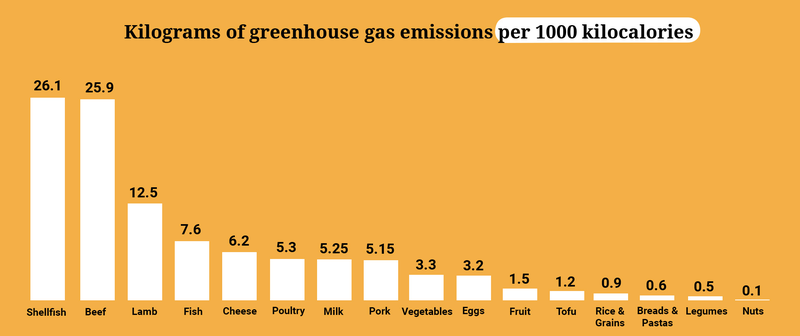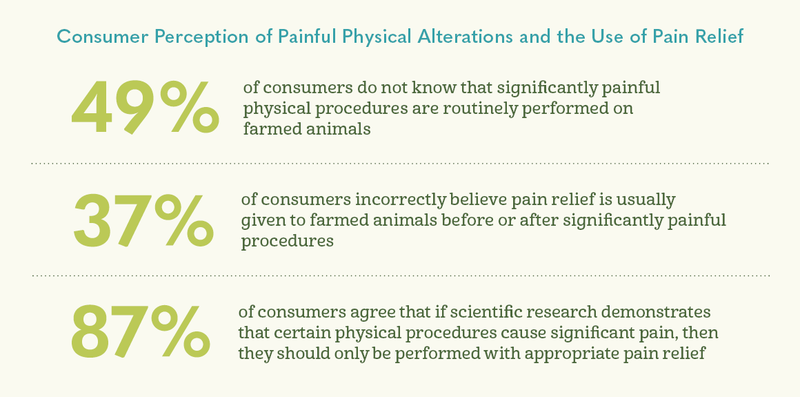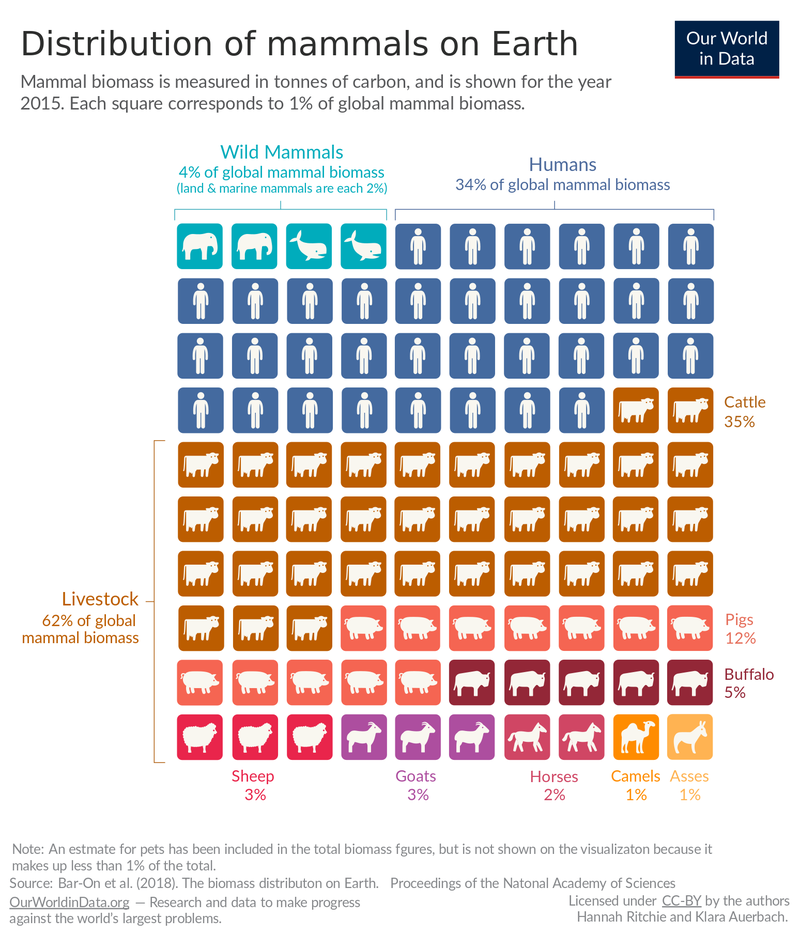I became vegetarian in March this year. It’s the first time I have been able to stick with it. My previous attempt lasted 2 months. The big difference this time around has been that my desire for meat has gone. I am not tempted by it even when the veggie options are terrible. However, I do feel that I am getting the short end of the stick most times. As a result, I have defaulted to Indian food as it’s the most vegetarian friendly and flavorful.
India has perfected vegetarian dishes over millennia. Contrary to the popular belief, most Indians are not vegetarians but compared to the world, there’s a significant number of vegetarians mostly because of religion. I grew up vegetarian because of religion. However, my reasons are different now. Hinduism says there’s god in every being and thing. It teaches us to be kind to every entity. I think it’s a wonderful way to look at life. And when you’re surrounded by such ideals, they sink in. I believe in not hurting or killing animals. So, I decided to start living my values. That’s the biggest reason for me followed by animal cruelty and climate change.
A few years ago my main motivation was climate change. I was focused on reducing my climate footprint. I read about meat industry’s contribution to climate change and it was eye-opening. For instance, 37% of methane emissions come from livestock and agricultural practices.
From the EPA
Methane is 28-times more powerful than CO2 on a 100-year timescale and 80-times more powerful over 20 years.
The UN’s report describes the contribution of various food sources.
 From UN climate change report
From UN climate change report
As this graph shows us, the difference is stark. There’s a lot to be gained by switching meat to a lower emission one. But what’s happening on the aggregate?
Scientific American helps paint a picture. Here’s a quote.
Cattle play a colossal role in climate change: As the single largest agricultural source of methane, a potent planet-warming gas, the world’s 940 million cows spew nearly 10 percent of all greenhouse gas emissions — much of it through belches and droppings.
But this doesn’t tell the full story. Humans have had cattle since the dawn of civilization so how is it a problem now? The missing stat is the scale of the issue. Here’s the percentage of livestock vs wild animals. Livestock has taken over the world.
It’s wild, isn’t it? But it’s still not the reason that compelled me to become vegetarian. There is another much darker side to the story. For me, it started with reading this NYT piece by Ezra Klein. I am fan of Ezra and find his reporting to be really compelling. But this is the tip of the iceberg so I decided to explore more. I read this book called Eating Animals by Jonathan Safran Foer. The book paints a vivid picture of factory farming. I read it many years ago but I still remember reading about the activists trying to sneak into a factory farm to document conditions of the animals and then trying to escape when they were found. It’s like I was there at the farm running from the people.
The book describes the unimaginable cruelty done on these animals. Here are some industry practices that most people never see:
- Newborn chicks have their beaks cut off with hot knife without anesthetic.
- Male chicks are brutally killed. Here’s a video from the New York Times
- Tail docking, castration, dehorning done without any pain relief.
This blog post goes into details about the cruel practices.
It’s heavy to know that kind of suffering. The book had an impact on me but it didn’t change my behavior right then. I quit meat for two months but couldn’t continue with it. I suspect it was because I was relying on will power but had no systems built in place. I was eating out most days and it was just hard to find veggie options that were appealing enough.
The facts stayed with me but they weren’t quantifiable. Like I knew it was bad but it’s always hard to imagine the scale when I have never seen it. The unfortunate reality is we can’t measure pain and suffering. This infographic shows most people want to reduce pain in factory farms yet meat consumption is higher than ever.
 Statistics according to a 2022 survey conducted by Harris Poll commissioned by AWI
Statistics according to a 2022 survey conducted by Harris Poll commissioned by AWI
This year, I ultimately decided to act on it and forego the ease and taste of meat. It’s not easy to be a vegetarian in the US but it’s rewarding. I feel in sync with my moral compass and I am living in ways that I approve. It took me a long time to get back to where I started but it was certainly a worthwhile journey.
